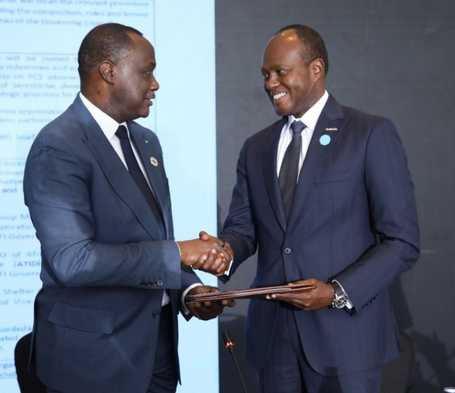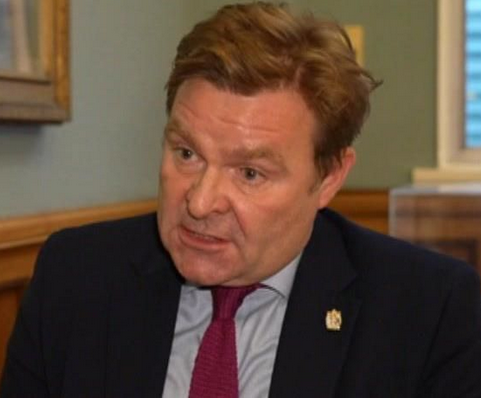Business leaders today expressed concern at the Bank of England’s prediction around earnings and economic growth following the Monetary Policy Committee’s decision to keep interest rates at a record low of 0.25 per cent.
The bank said has cut its forecast growth for 2017 to 1.9 per cent and revised its inflation prediction, likely to be 2.7 per cent this quarter, up from the 2.4 per cent rate forecast in February. Average earnings growth for 2017 was also adjusted to 2 per cent, down from the 3 per cent predicted in February
Raj Kandola (pictured), Greater Birmingham Chambers of Commerce senior policy and patron adviser, said: “Amidst the uncertainty created by Brexit negotiations, the Monetary Policy Committee voted to keep interest rates at a record low level.
“However, it was concerning to see the Bank the England revising downwards its predictions around people’s earnings and the overall economic output for the UK.
“Although we are mindful of the fact that previous predictions made by the Bank have turned out to be incorrect, if real wages are falling in real times (once adjusted for inflation), then this will no doubt have a detrimental impact on an economy that’s driven by the resilience of consumer spending.
“We mustn’t lose sight of the fact that poor wage growth is not just down to uncertain economic and political conditions, it also reflects long standing productivity issues which have blighted our regional economy.
“Whoever forms the new government will need to implement a robust Industrial Strategy which at its heart will tackle structural productivity issues and invest in infrastructure development to shift away from a reliance on consumer spending in order to bring economic growth to the country as a whole.
"Despite the mixed picture, research from our latest Quarterly Business Report shows local business confidence is at its highest level since late 2014 and it will be interesting to see if this confidence continues into next quarter as surveying for our next report will begin shortly."
















